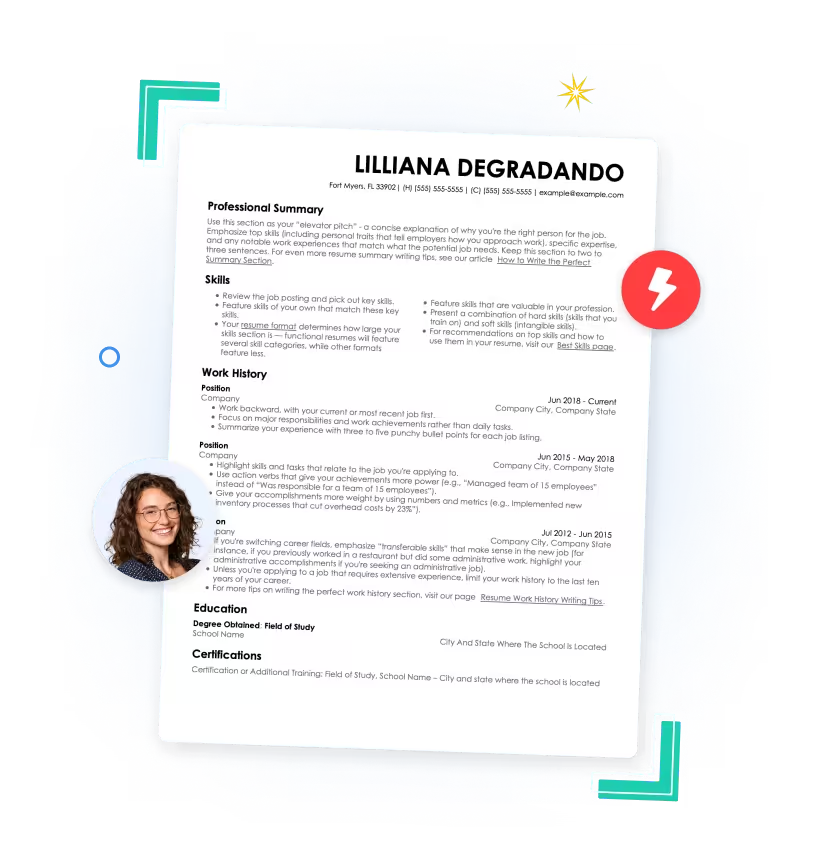You want to get a high salary, but your employer wants to pay you a low salary. You don’t have to settle for a bad salary; all you have to do is negotiate your salary with your employer. One of the most important things you’ll ever do is try to negotiate a decent salary with your employer because it makes the difference between getting a good or a bad paycheck. Luckily, this article will provide six tips that will help you reach the perfect agreement.
1. Prepare yourself for battle
Soldiers never go into battle unprepared, and the same rule should apply to your salary negotiation. Before trying to negotiate a salary, you should always research what other professionals are earning for your job. If you have no idea what the ideal salary range for your profession is, then you risk reaching a terrible agreement, so do your homework.
2. Get an offer first
Before you start negotiating your salary, you need to wait for an offer. There are several reasons why you should do this; the first reason is because you still haven’t been hired by the company. At this point, an employer is still trying to determine whether you are a good fit for the company, so you shouldn’t rush his/her decision. If the employer is interested in hiring you, they will give you an offer.
Another reason why you should wait for an offer before negotiating your salary is because there is a possibility that the employer was planning to pay you more for your service. Hearing your first offer is crucial if you want to negotiate a good deal. Remember, patience is a virtue, and it will never hurt you.
3. Don’t rely on salary websites
A lot of people use the internet to their advantage by checking salary websites to get a good idea of what to ask for in a salary negotiation. While this method is an easy way to get an idea on how much you should get paid, you shouldn’t rely on it 100 percent. The main reason why you should never rely on a salary website is because, most of the time, they are not 100 percent accurate with the information. Salary websites usually provide general estimates, so there is a probability that you should earn more money. The best way to determine how much you should earn is to ask people who work in the same industry how much they earn.
4. Don’t negotiate a salary in a cover letter
When writing a cover letter, you should never include your previous salaries or what you want to earn. Instead, wait until the employer gives you an offer. If you try to negotiate your salary before your interview, then you’ll come across as naïve or inexperienced.
5. Don’t accept the first offer you get
A lot of people don’t negotiate their salary because they are afraid to lose their job to someone who doesn’t ask for higher pay. However, you should try to negotiate because in the worst case scenario, the boss will tell you to accept the first offer or he will hire someone else. Never accept the first offer you receive because you could have ended up with a better salary.
6. Don’t wait a long time to respond to an offer
It is normal to want to think about an offer before accepting it, but you shouldn’t wait too long before answering because you risk losing the job to someone else. You should take no more than two days to respond to an offer.

